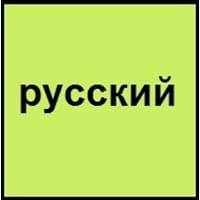Russian vs Croatian
- In Russian language, the words are not pronounced as they are written.
- In Russian language, there are only 200,000 words out of which only few words are used and due to this many words have more than one meaning.
- In croatian language, everywhere there are words without vowels.
- Though croatian language was born in 9th century, the first written document in croatian was in 11th century.
Russian and Croatian Language History
Comparison of Russian vs Croatian language history gives us differences between origin of Russian and Croatian language. History of Russian language states that this language originated in 1000 AD whereas history of Croatian language states that this language originated in 9th century. Family of the language also forms a part of history of that language. More on language families of these languages can be found out on Russian and Croatian Language History.
Russian and Croatian Greetings
People around the world use different languages to interact with each other. Even if we cannot communicate fluently in any language, it will always be beneficial to know about some of the common greetings or phrases from that language. This is where Russian and Croatian greetings helps you to understand basic phrases in Russian and Croatian language. Russian word for "Hello" is здравствуйте(zdravstvuyte) or Croatian word for "Thank You" is hvala. Find more of such common Russian Greetings and Croatian Greetings. These greetings will help you to be more confident when conversing with natives that speak these languages.
Russian vs Croatian Difficulty
The Russian vs Croatian difficulty level basically depends on the number of Russian Alphabets and Croatian Alphabets. Also the number of vowels and consonants in the language plays an important role in deciding the difficulty level of that language. The important points to be considered when we compare Russian and Croatian are the origin, speaking countries, language family, different greetings, speaking population of these languages. Want to know in Russian and Croatian, which language is harder to learn? Time required to learn Russian is 44 weeks while to learn Croatian time required is 44 weeks.





